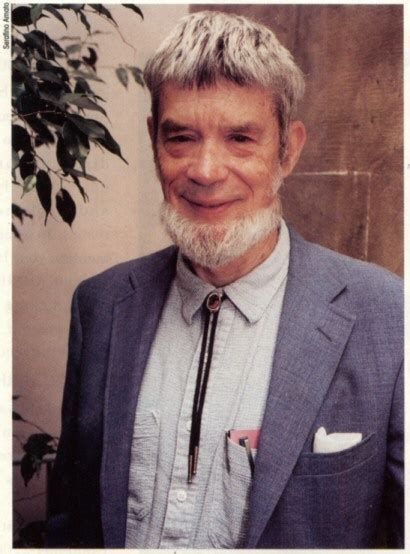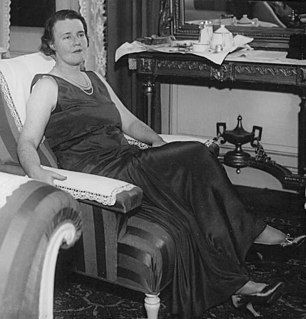A Quote by Arthur Koestler
Aggressiveness is not the main trouble with the human species, but rather an excess capacity for fanatical devotion.
Quote Topics
Related Quotes
The continuous disasters of man's history are mainly due to his excessive capacity and urge to become identified with a tribe, nation, church or cause, and to espouse its credo uncritically and enthusiastically, even if its tenets are contrary to reason, devoid of self-interest and detrimental to the claims of self-preservation.We are thus driven to the unfashionable conclusion that the trouble with our species is not an excess of aggression, but an excess capacity for fanatical devotion.
Obviously, you can't operate a system at 100 percent capacity. You need room for growth. And because there are peak times, you need surge capacity. But it is easier to reduce and manage excess capacity in larger units than smaller, especially when you have a diversity of users who have different peak periods and different growth rates. That's why the utility model is intriguing.
An active propaganda machinery controlled bv the world's largest corporations constantly reassures us that consumerism is the path to happiness, governmental restraint of market excess is the cause our distress, and economic globalization is both a historical inevitability and a boon to the human species.





































